Nicosia’s Paphos Gate police station has stood empty for nearly a decade
The iconic Paphos Gate police station, perched on the historical Venetian walls in old Nicosia, is poised for a significant transformation with an extensive renovation project on the horizon.
The building, established by the British way back when they first arrived in 1878, served as their first police station in Cyprus. It remained operational for more than 130 years until its closure approximately a decade ago. Since then it has stood empty, but recently ownership of the building transitioned from the police force to the antiquities department, marking a pivotal moment in its preservation and restoration.
Talking to the Cyprus Mail, Chrysanthi Kounnou, an archaeological officer at the antiquities department, said the renovation endeavour is set to transform the building, as well as the area around it.
“Following an agreement with the former owners, the police department, the building has been officially listed as a historical monument, granting it protected status,” Kounnou explained.
Once a building achieves this designation, it falls under the purview of the antiquities department, which now assumes responsibility for its planned restoration.
“Our objective is to undertake a comprehensive restoration process, considering the building’s distinctive architectural features and its historical significance and location, right atop the Venetian walls.”
- The old UN guard post with the police station opposite
- Paphos Gate police station above the old entrance to the city
- The mediaeval remains uncovered by recent renovations
- The new pedestrian bridge leading to the original Paphos gate with the old police station on top
- The view from one entrance to the gate
- A view from the gate
So, the building will be restored, but what will it be used for?
At the moment that remains unclear.
“While the specifics of its future use remain subject to further discussion, preliminary ideas are already emerging within the department,” she said.
One prospective concept entails repurposing portions of the building into a museum highlighting the history of the Venetian walls.
“As far as archaeological sites are concerned, few can rival the walls of Nicosia, that is why this could be a good idea,” Kounnou said.
Additionally, the antiquities department is also contemplating the idea of relocating the police museum, currently housed in a police station outside the city’s historical centre, to the Paphos Gate building.
“The relocation of the police museum to the old town is indeed an appealing prospect, as it would certainly offer a more prominent location and expanded space for exhibitions.”
Despite these early considerations, Kounnou, however, stressed of paramount importance is restoring the building before finalising plans for its future use.
“It’s still early days and we must tread carefully,” she said. “The building has been in disuse for over 10 years. That’s why we must proceed cautiously and first assess and recognise the efforts that will be required,” she said.
“On top of that, given the scale of the project, we are still unable to provide a definitive timeline for the time being.”
The upcoming restoration of the building follows the last month’s official inauguration of the renovated Paphos Gate old city entrance way, opened by Deputy Minister of Culture Vasiliki Kassianidou and Nicosia mayor Constantinos Yiorkadjis.
The site now features a bridge over the mediaeval ruins leading to the old city gate. The project was a joint venture undertaken by the deputy ministry of culture, the antiquities department and urban planners back in 2014.
It also relied on the input given by Nicosia residents, who were invited to contribute their ideas and opinions for the site management plan.
“The history of Nicosia is reflected in its monuments, which is why the preservation and enhancement of spaces such as the Venetian walls are important for maintaining the cultural identity of the capital,” Kassianidou said during the inauguration ceremony.
“Paphos Gate is a symbol of the city’s rich, diverse and historical outlook and needed a restoration project that would do it justice.”
Echoing Kassianidou’s words, Yiorkadjis said the restoration of the area “will change Nicosia’s face for the better, especially at night”.
“The archaeological site project at Paphos Gate is completely separate from the upcoming one concerning the old police station,” Kounnou said.
“It does, however, provide a glimpse into the project’s future possibilities, which will ultimately transform the area and benefit both Nicosia’s residents and future visitors.”

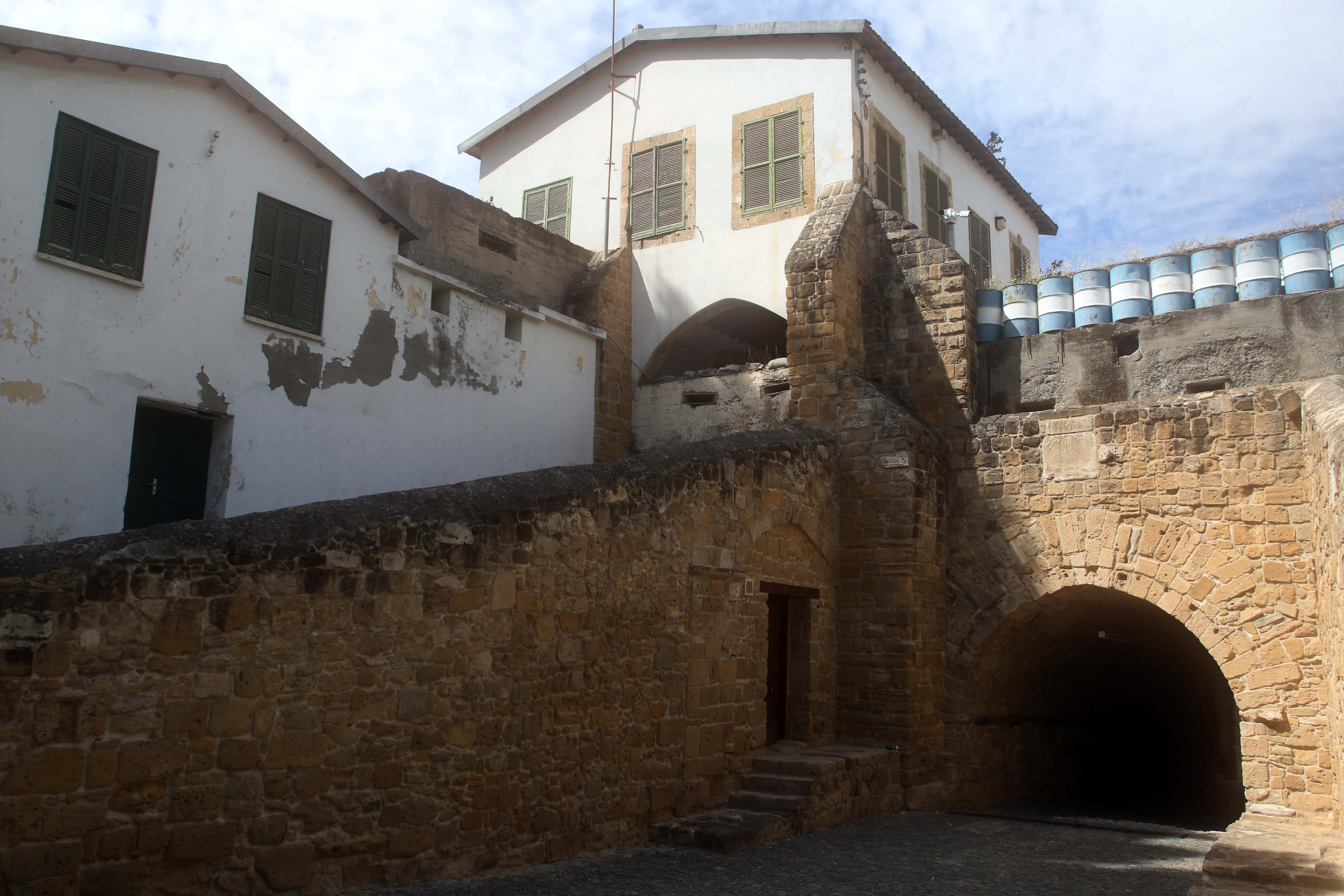
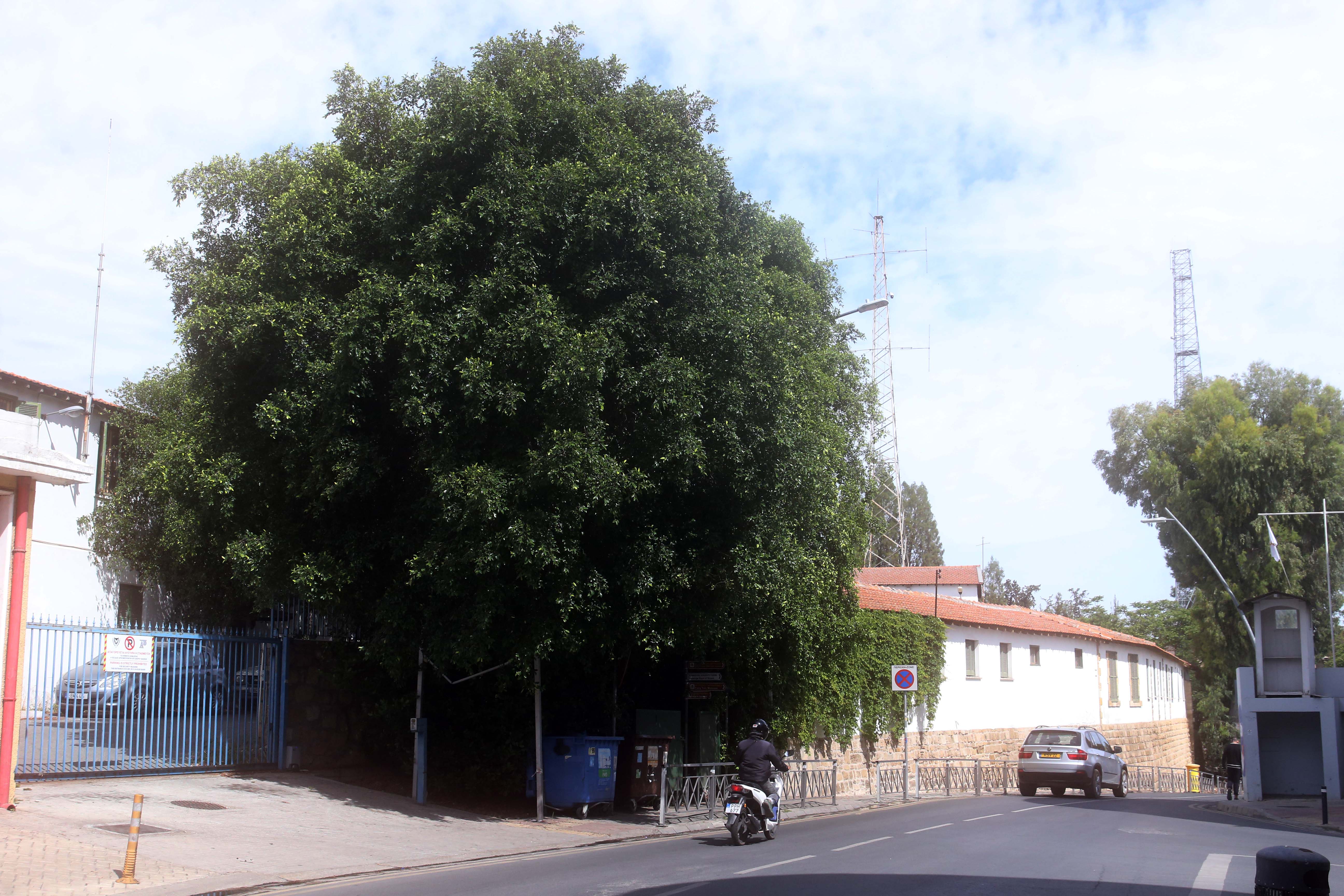
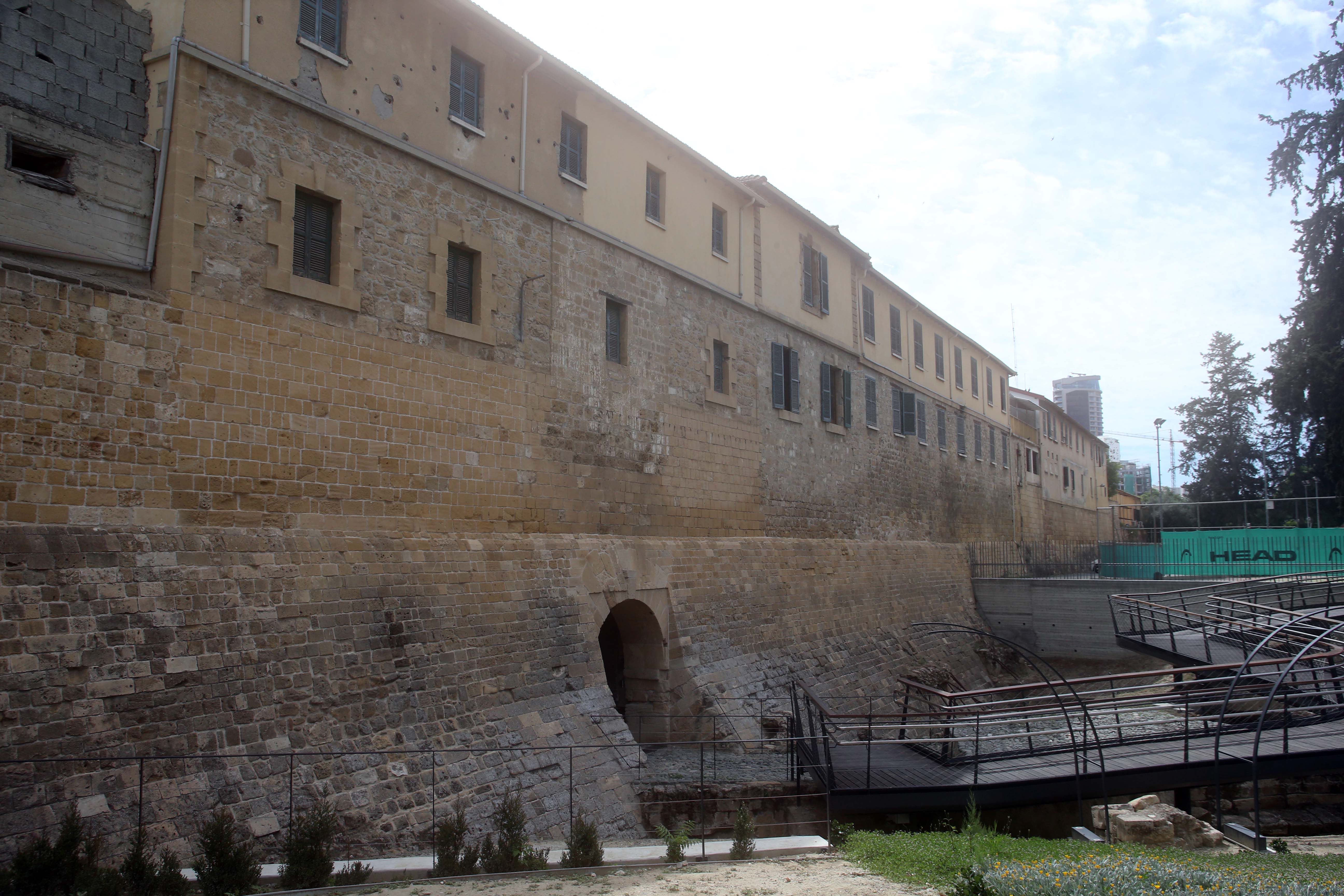
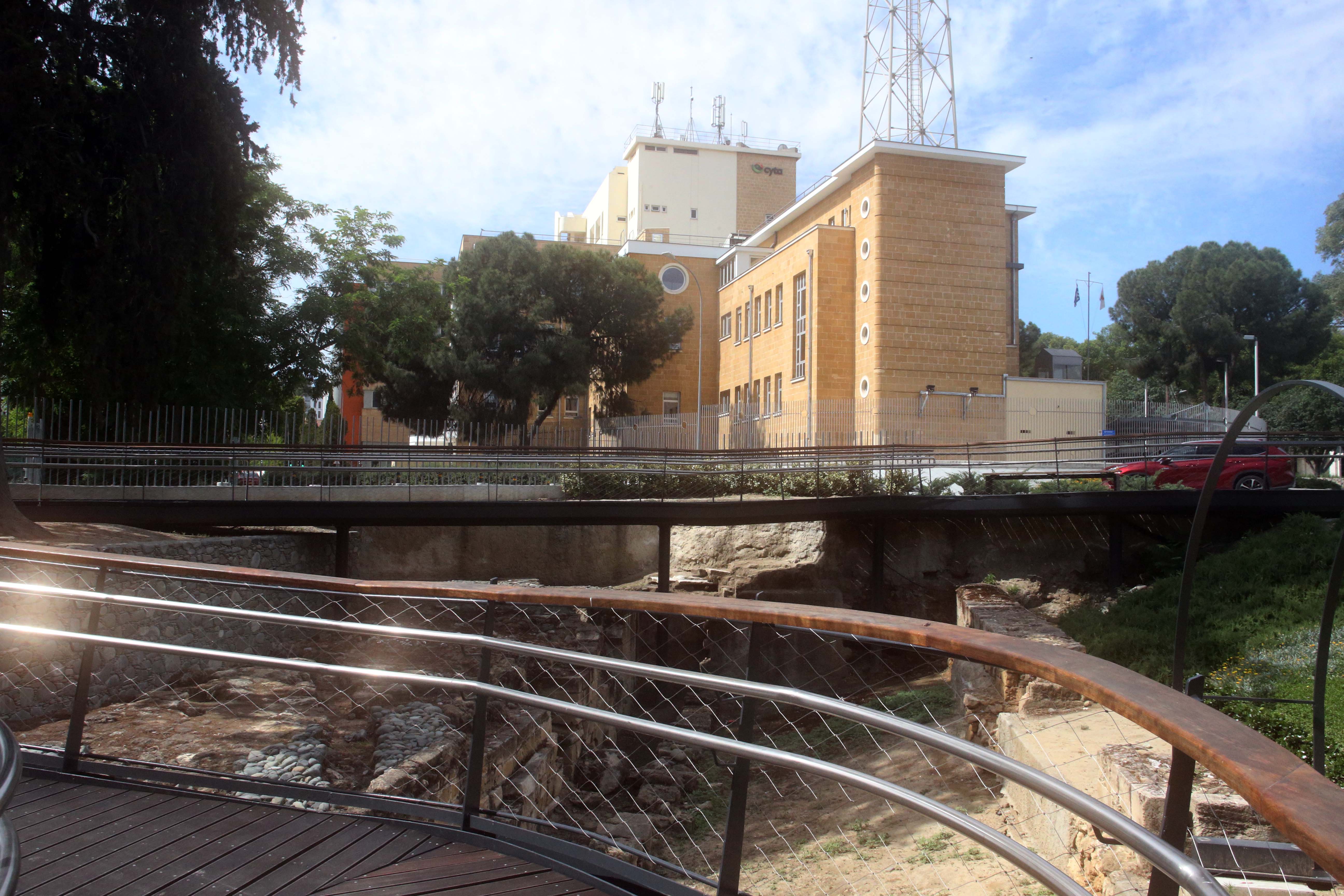
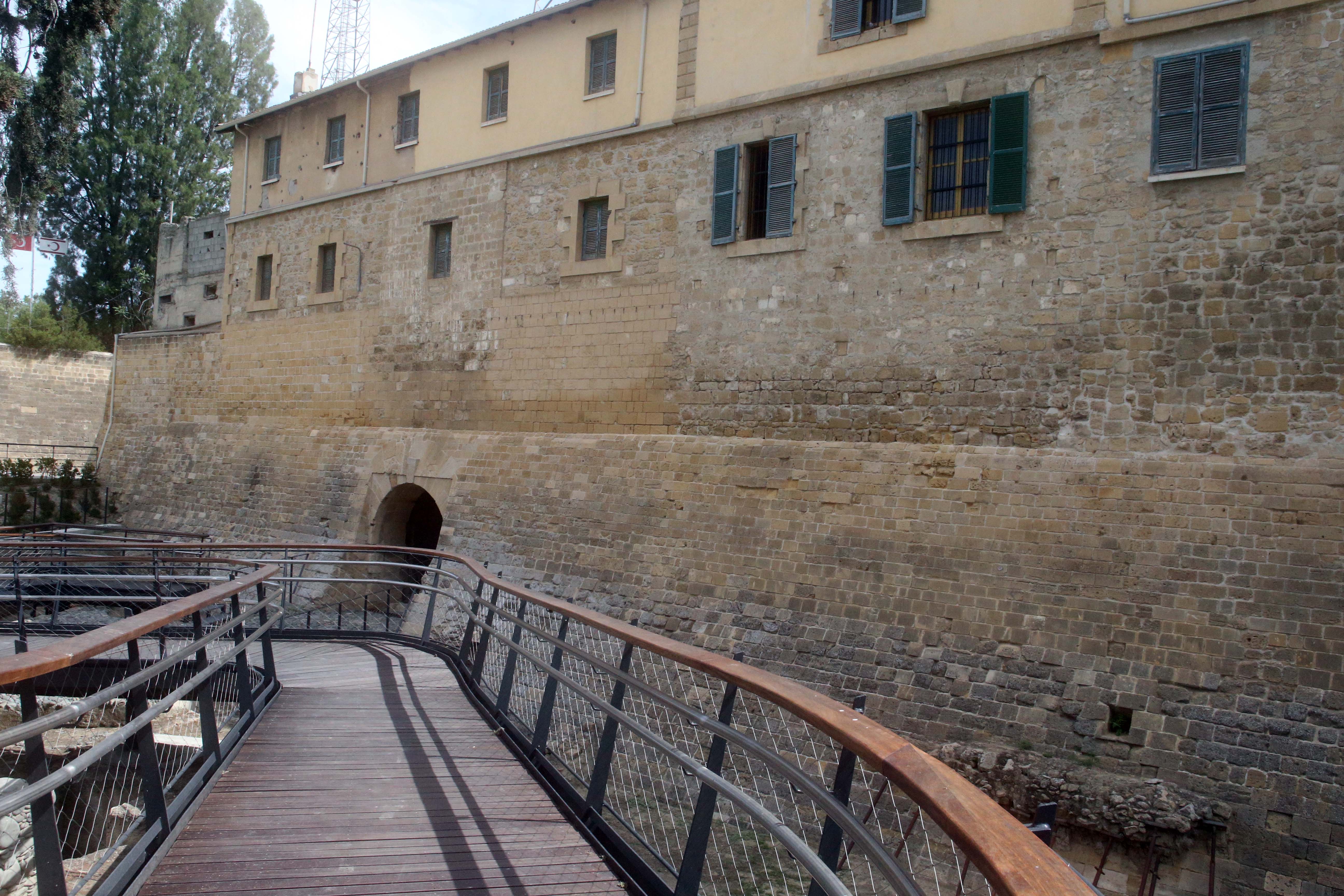
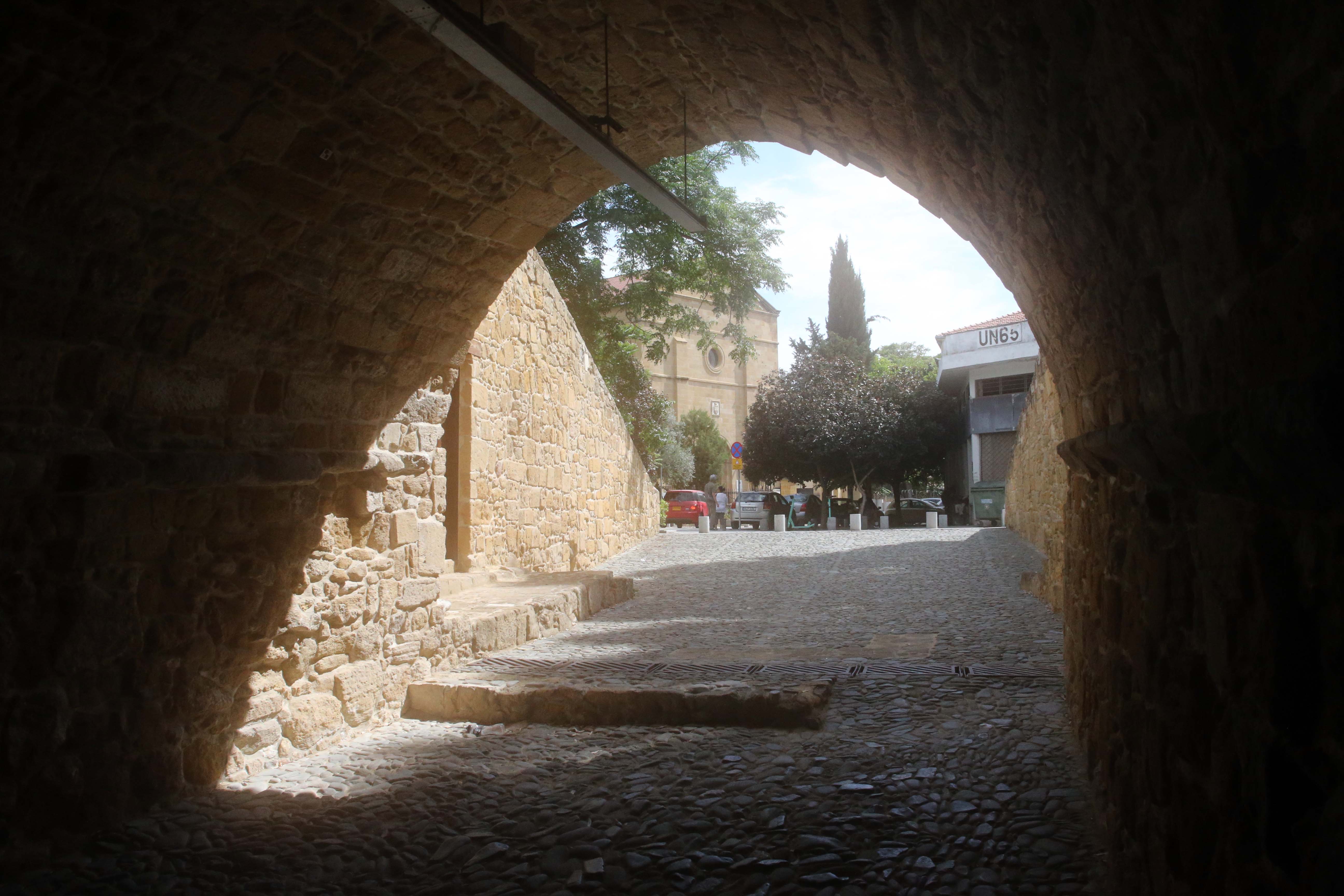
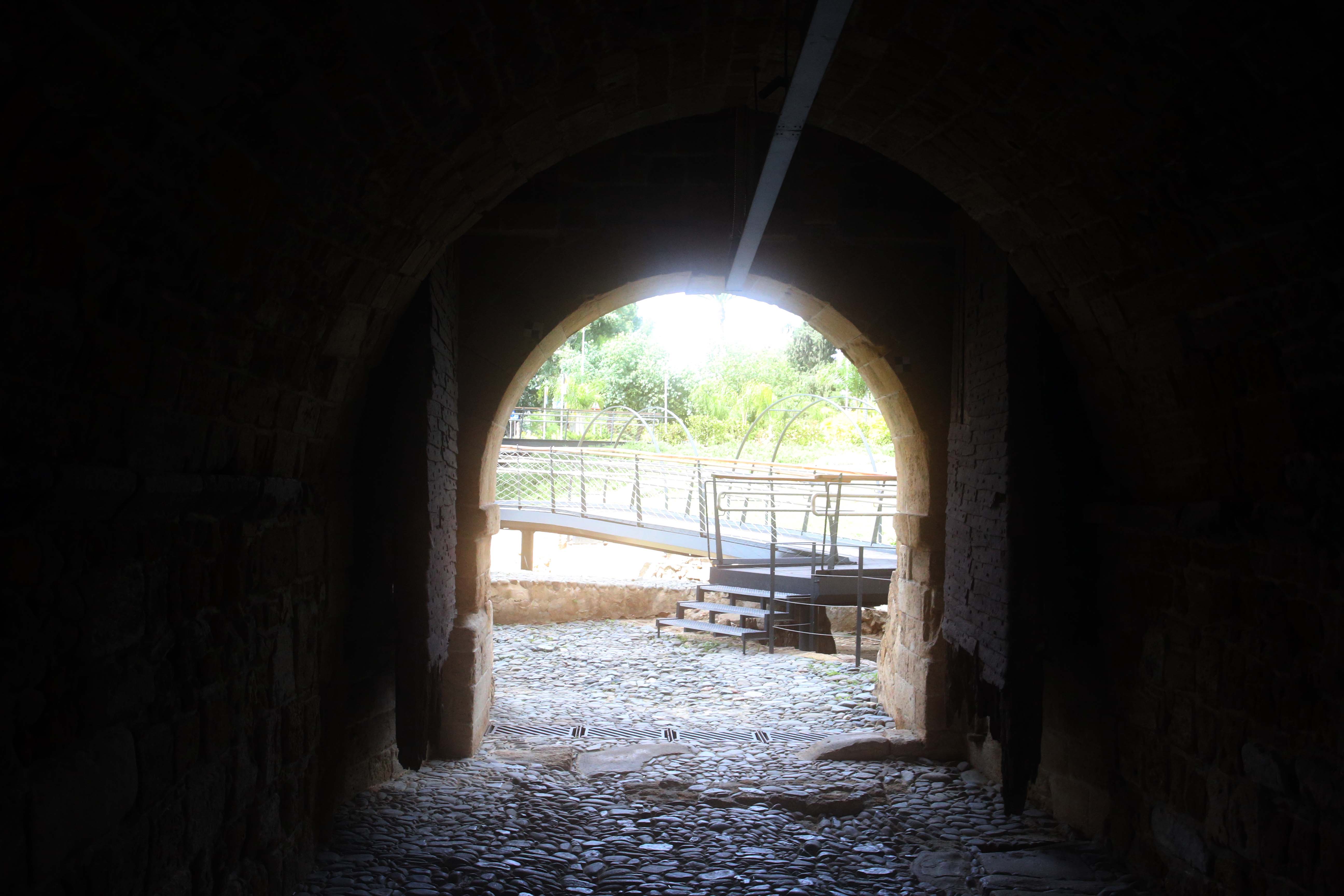





Click here to change your cookie preferences